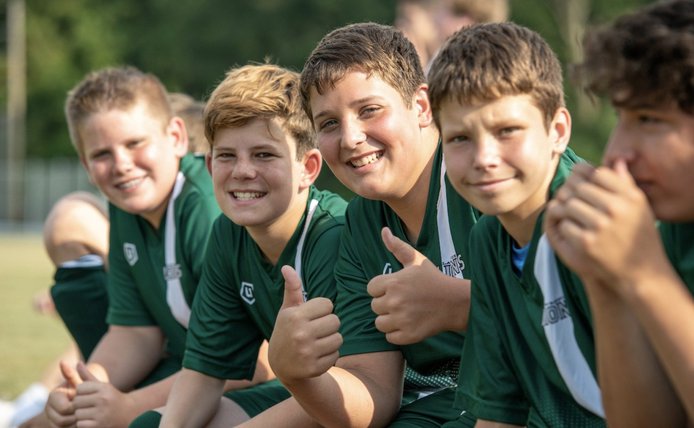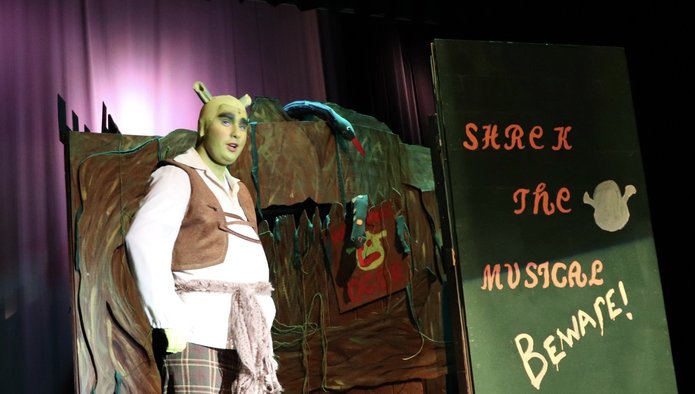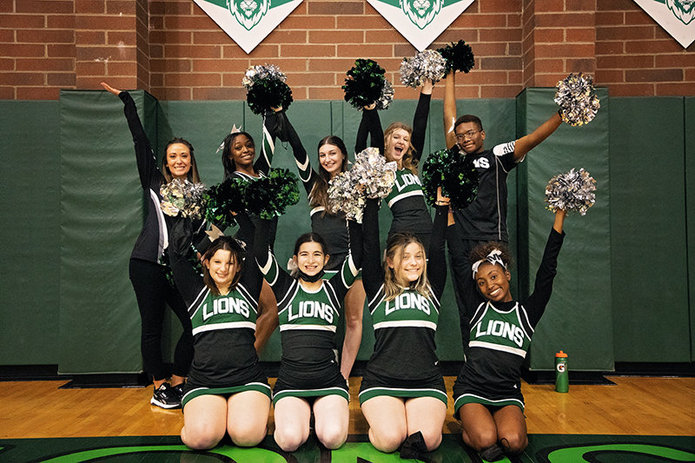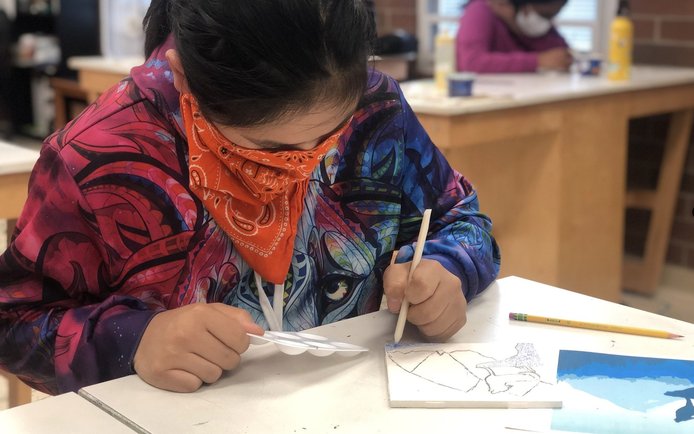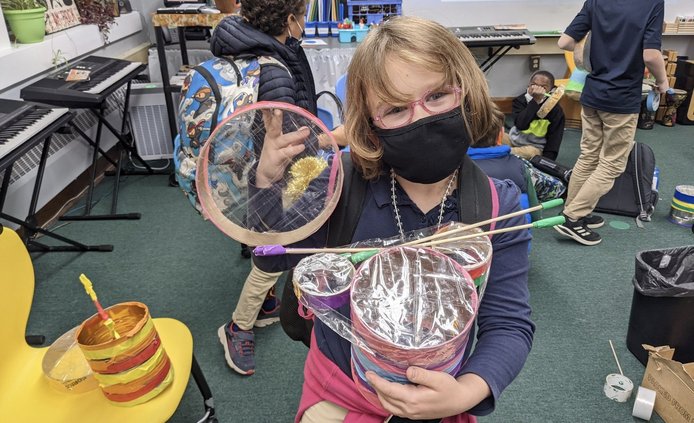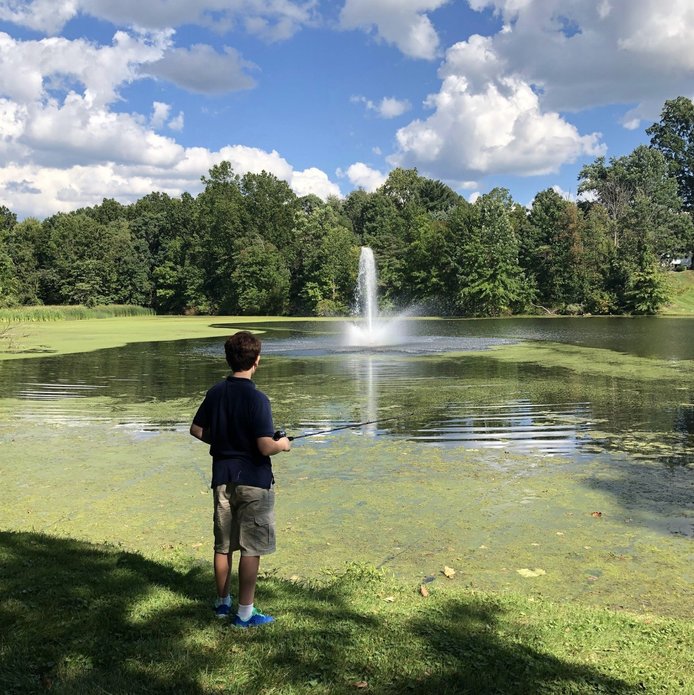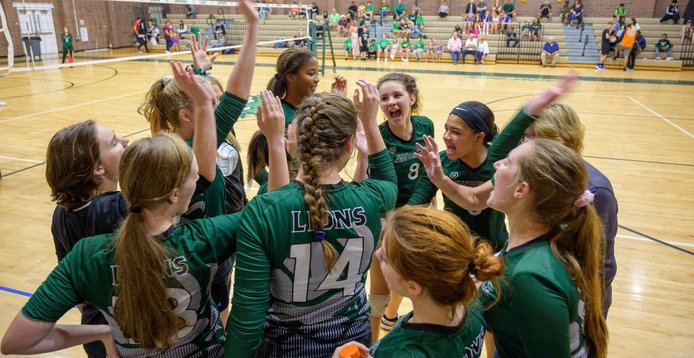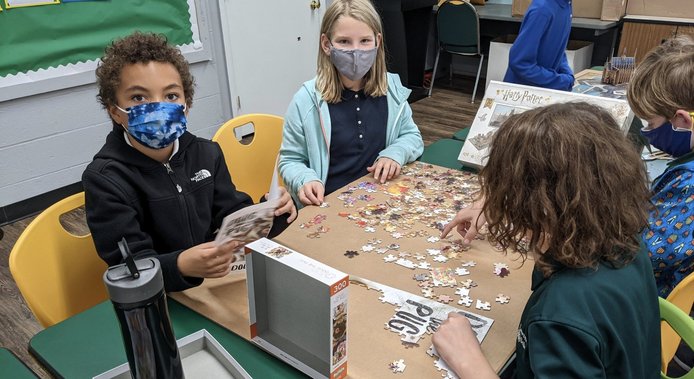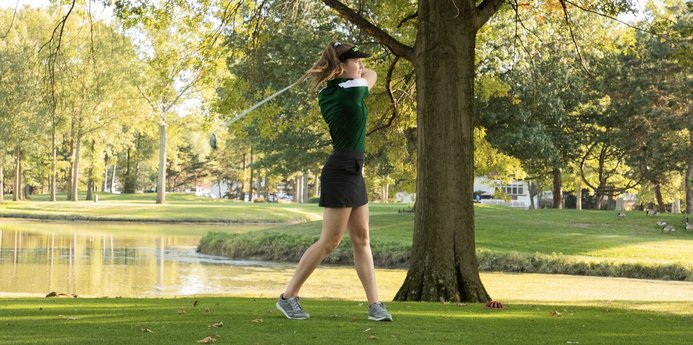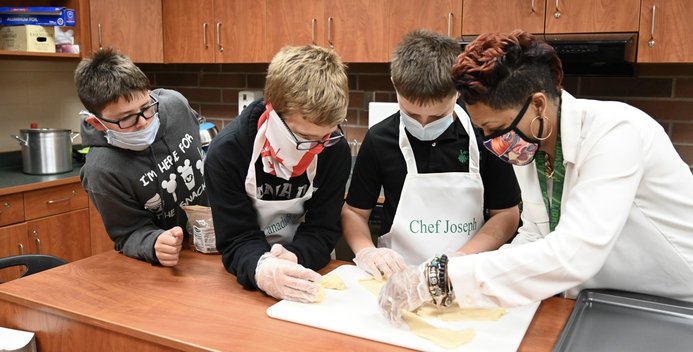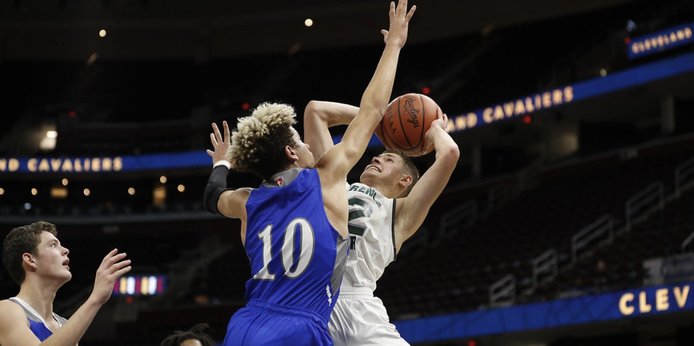Posted December 09, 2021 in Articles
No matter their age or what school they attend, participation in athletics, clubs, and extracurriculars is essential for students with learning differences.
Take a moment to think back to your own time in school.
What immediately comes to mind?
When asked this question, textbook chapters, pop quizzes, and nightly homework typically aren’t the first things a person thinks of. Instead most of us recall fun after-school experiences that made a lasting impression! Fond memories like celebrating with teammates after a big win on the soccer field, long hours of painting and constructing scenery for the school play, campaigning for student council, or singing a solo in choir—among a multitude of other impactful scenarios—rush to the forefront of our minds.
These extracurricular experiences are what stand out to Lawrence School’s alumni, too. Director of Campus Life, ReGinae Reynolds, shares, “We know what our students do outside of the classroom is what they will remember and hold dearest—our alumni all recount their time spent on stage, on playing fields, and in various clubs as the best memories of their time at Lawrence.”
For this reason and many more, Lawrence School places high importance on involvement in campus life. More than 50 clubs and athletic teams are available across our campuses, and nearly 90% of the student body participates in one or more of these memory-making offerings.
Regardless of where your child attends school, here’s five good reasons students with dyslexia, dysgraphia, dyscalculia, or ADHD should clear some time in their schedule to get involved:
1.) Extracurriculars give kids who struggle a chance to shine!
Students who have to work harder than most to learn often find themselves fatigued and depleted from the increased demands of the school day. “They need an organized outlet to be able to find their niche and a place to shine outside of the classroom,” says Reynolds. “Clubs and sports are often their energizer—an organic opportunity to find out for themselves what they’re really good at.”
2.) Getting involved improves academic performance.
Some schools require students to maintain a certain GPA to participate in extracurriculars. In addition, some parents are hesitant to encourage their child to join a team or club because they worry grades may suffer as a result. But according to Reynolds, the opposite is true! “We’ve seen a correlation between extracurricular involvement and academic success. Students who get involved make friends with common interests, feel part of something bigger, and develop an intrinsic desire to contribute to the school community. Those positive feelings boomerang right back into the classroom,” she shares.
3.) Clubs and sports boost self-confidence.
Living with a learning difference can be an emotional struggle, but joining a club or athletic team can help students feel good about themselves and remedy those feelings. Athletic Director Bryan Cioffoletti sums it up perfectly: “I can't begin to count how many times I’ve witnessed my athletes transform into a completely different person while playing a sport.” He adds, “Giving them the ‘release’ of athletics and other extracurriculars after a stressful day can completely change their mind’s direction and show them just what they’re capable of.”
4.) Campus Life helps students build skills and become leaders.
Through involvement in extracurriculars, students who learn differently develop leadership abilities and key life skills. Director of High School Shanika Lovelace, tells us, “After school activities are a great opportunity for students to experience authentic success and consistent feedback. When kids get a dose of those two things, their life skills grow by leaps and bounds.” According to Lovelace, these growth areas include:
- Time management
- Ability to accept and deliver constructive feedback
- Team mentality
- Grit (the ability to bounce back from adversity)
- Appreciation for diverse viewpoints
5.) After-school activities make for well-rounded candidates in the college admission process.
Most post-secondary applications, as well as the Common App, have a section for students to submit a list of their extracurricular activities. Admission committees look to this information to help them learn more about applicants and assist in decision-making. Lisa Brogan, co-director of Lawrence’s College and Career Planning Center, shares, “As many colleges and universities have moved to a test-optional model, they rely heavily on the activity list for a broader picture of the applicant’s drive, initiative, and character.”
Click here to view the 2021–22 Lower School extracurricular offerings for grades K-6.
Click here to view the 2021–22 Upper School extracurricular offerings for grades 7–12.
This article was written in collaboration with Wendy Wisner, whose work has appeared in The Washington Post, Huffington Post, Scary Mommy, and elsewhere. She is also a frequent contributor to yourteenmag.com.
